SINERGIA (Advanced technologieS for drug dIscovery and precisioN mEdicine: in vitRo modellinG human physiology and diseAse) is a project funded by the European Union in the framework of the H2020 Marie Skłodowska Curie Actions – Innovative Training Networks. SINERGIA aims to provide breakthrough strategies for the implementation of new in vitro preclinical platforms in terms of innovative technologies, biological models and drug screening approaches in the effort of bridging the gap between current, simplistic in vitro cultures and faithful and effective future physiological models.
SINERGIA provides career development and training opportunities for 15 researchers who are in the first 4 years of their research careers (Early-Stage Researchers, ESRs). The Consortium will enrol 15 Early Stage Researchers (ESRs): 9 ESRs based at Universities, 4 ESRs at companies, and 2 ESRs at hospitals.
Consortium
The beneficiaries consist of five universities (POLIMI, UNIBAS, UMaastricht, ICRC Brno, UKA) and five non-academic partners: 1 large enterprise (ACCELERA), 3 SMEs (LIFETEC, BIOMIMX and MTTLAB) and 1 hospital (EOC). Five partner organizations are also involved: 3 hospitals (MONZINO, EIO, IOG), 1 Large Enterprise (ST-UK) and 1 university (Utrecht University). The involvement of the private sector is predominant and essential for the achievement of the project goals, extending the traditional academic research training, thus improving the employability of the recruited young researchers.
All the beneficiaries and partner organizations will grant the enrolled or seconded ESRs to access to their lab facilities and will provide continuous supervision on the ESR activities.
Beneficiaries
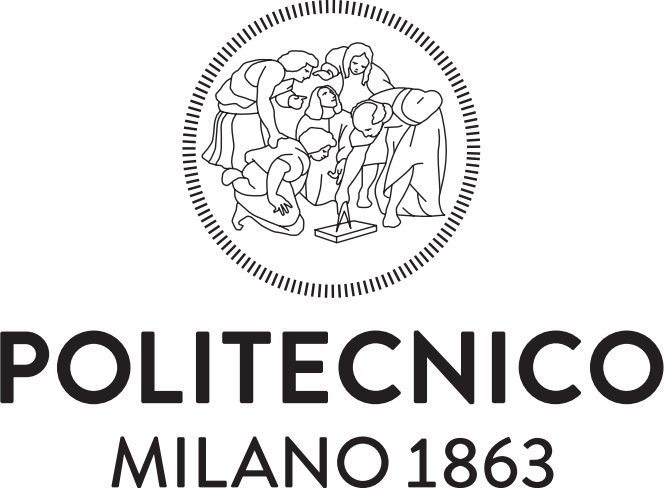


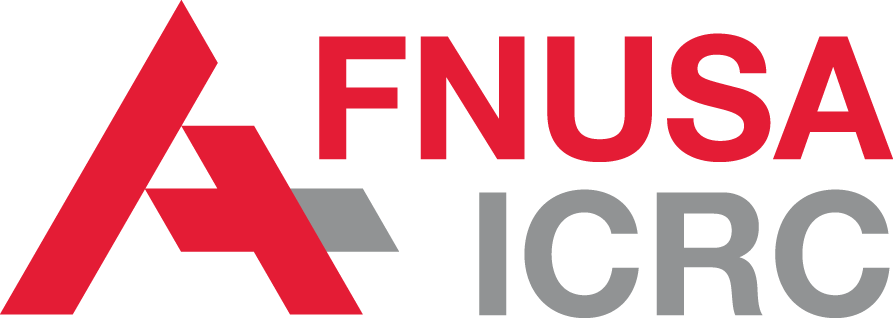
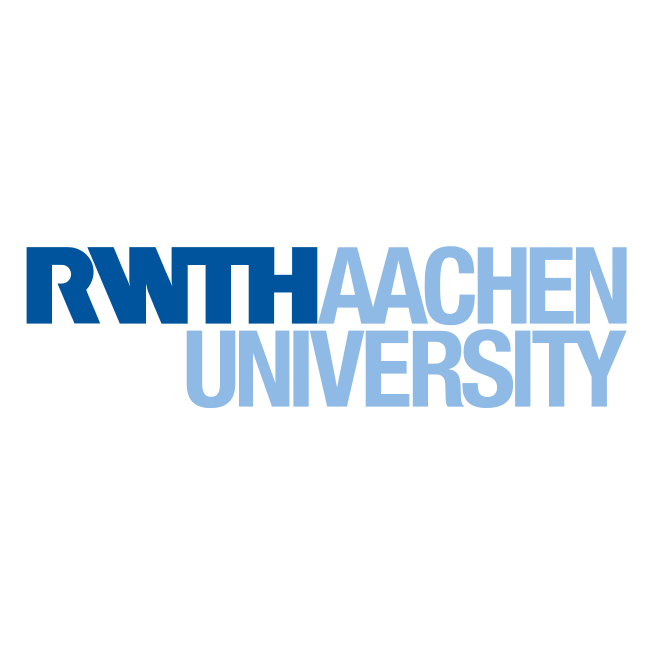
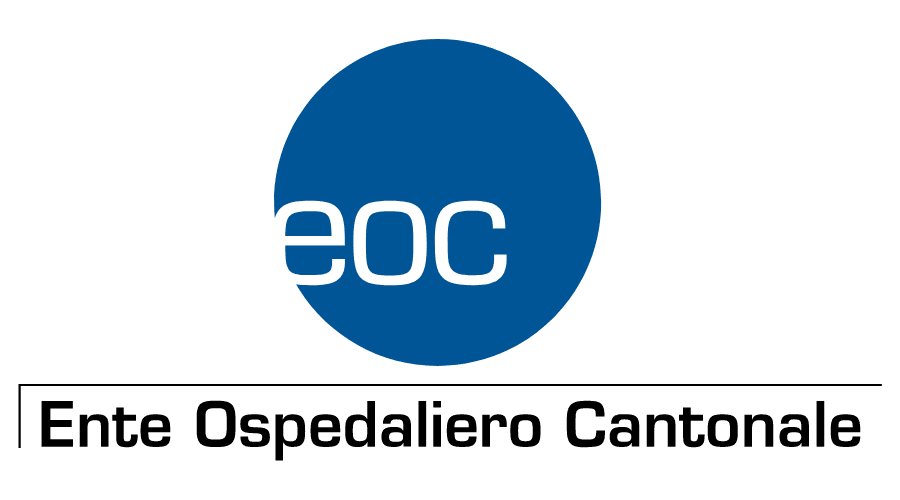



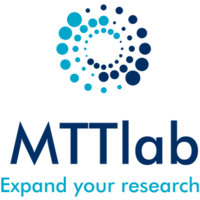
Partner Organizations
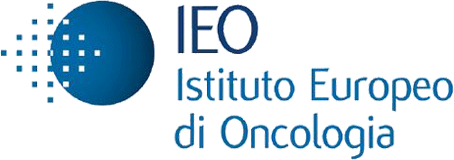


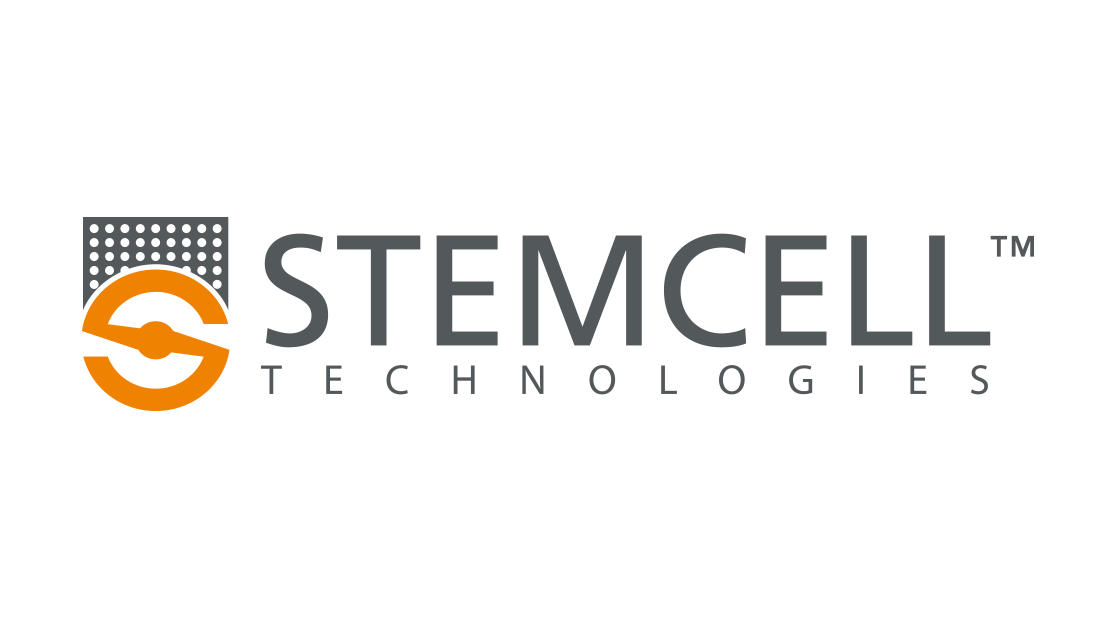
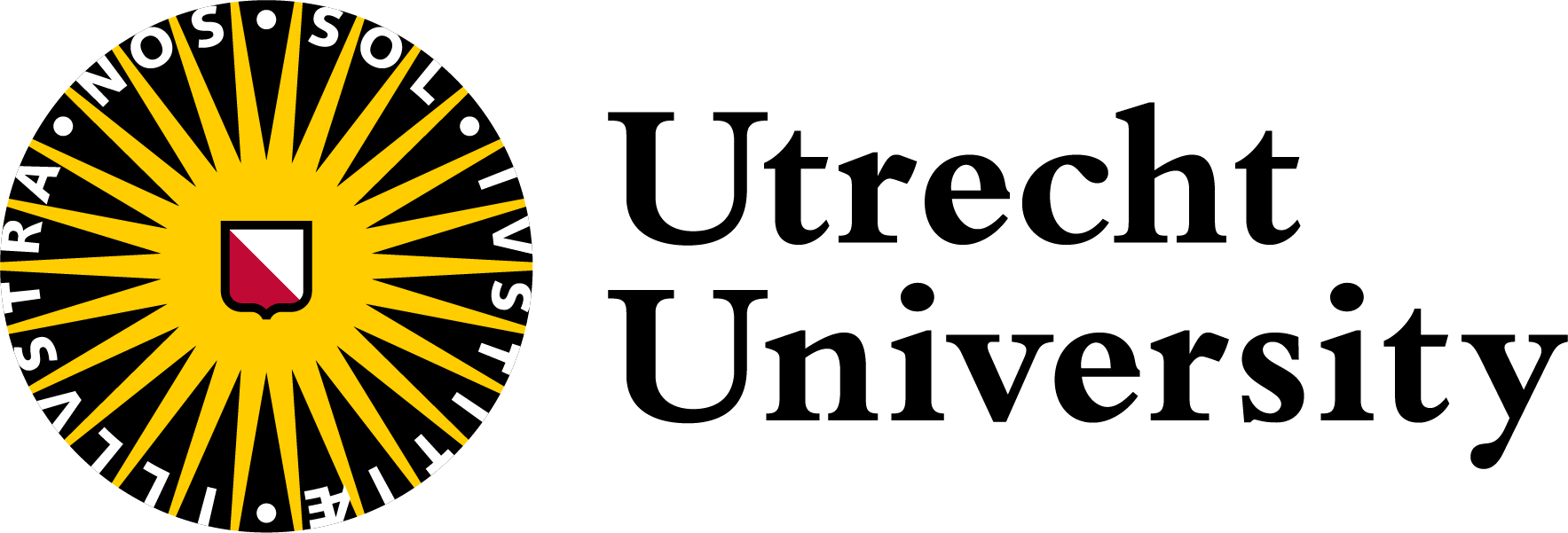
Research
Objectives
SINERGIA aims at improving the dialogue among the main stakeholders in the drug discovery field, and at developing advanced models of human physiology and diseases, to be ultimately introduced in the preclinical stages of the drug discovery pipeline. SINERGIA’s research programme addresses three investigational areas of the drug development process – namely drug benefit, drug safety and precision medicine – with the aim of bringing advanced models built on innovative Technologies from bench to the pharmaceutical market. SINERGIA research objectives are: i) drug benefit, ii) drug safety, and iii) precision medicine.
Methodology
SINERGIA’s approach will be:
- Multi-sectoral, encompassing academia, biotechs and Contact Research Organizations, and also accounting for the support of clinicians from hospitals enrolled as beneficiary or partner organizations
- Multi-technological, involving the exploitation of different and complementary cutting-edge technologies, i.e. microfluidics, bioreactors, 3D-printing, induced pluripotent stem cells (iPSCs) that will be synergistically used to generate relevant in vitro models of human physiology and diseases
- Multi-disciplinary, in that the researchers will be involved in individual projects (each leading to PhD degree), spanning from technology development to disease modelling. SINERGIA will establish new in vitro models enabling for drug discovery by taking advantage of cutting-edge technologies that are currently emerging as extremely promising and innovative, either alone ot through their possible combinations.
Training
Training will be achieved either through research or by education. Research training includes Secondments at partner premises, Training by education includes transferable skills training and comprises attendance to both local training activities and network-wide training activities. In addition, ESRs will attend 3 SINERGIA Summer Schools.
SINERGIA will offer the recruited fellows the possibility to visit and conduct part of their training and work at different research institutions and/or hospitals (secondments) at a relatively early stage in their career. In this way, they will be able to acquire additional multidisciplinary knowledge which will be extremely valuable for their careers, and will be provided with a significant broadening of their training curricula. For each researcher at the beginning of his/her project, a specific plan will be defined, as a combination of training at universities, companies and hospitals.
